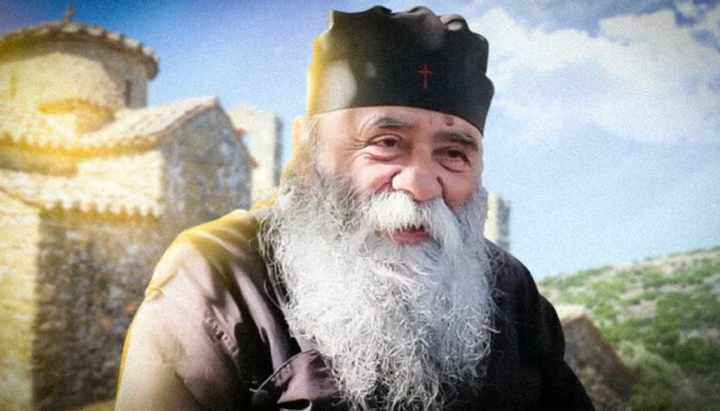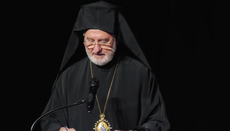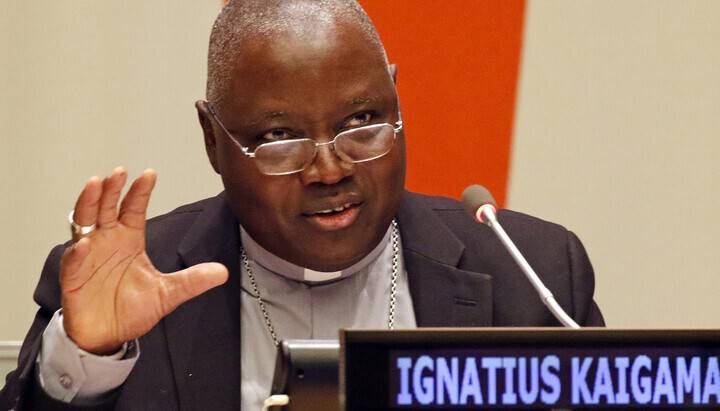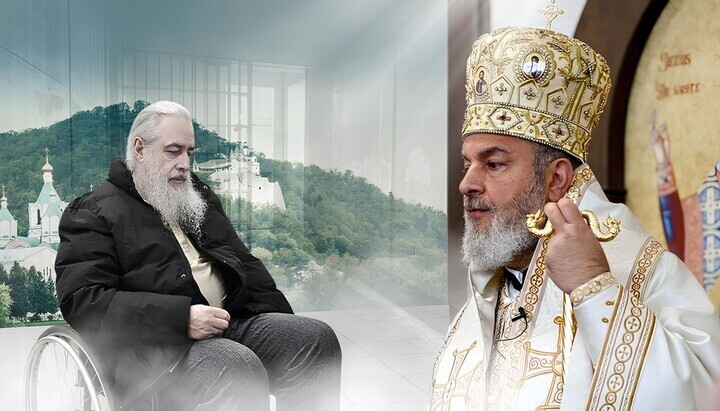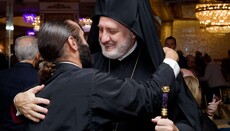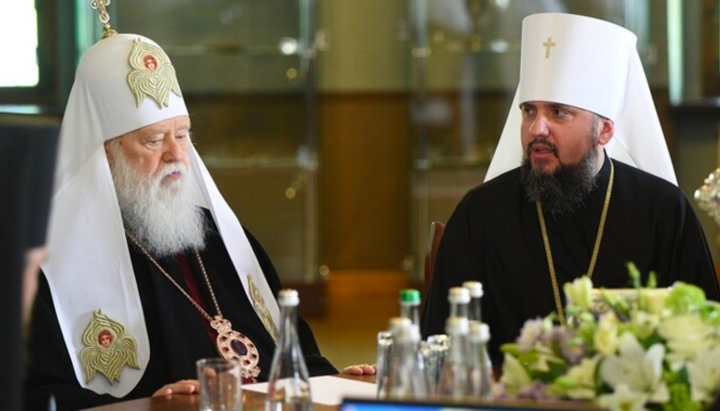Fr. Gabriel Bunge: From Benedictine Monk to Orthodox Hermit
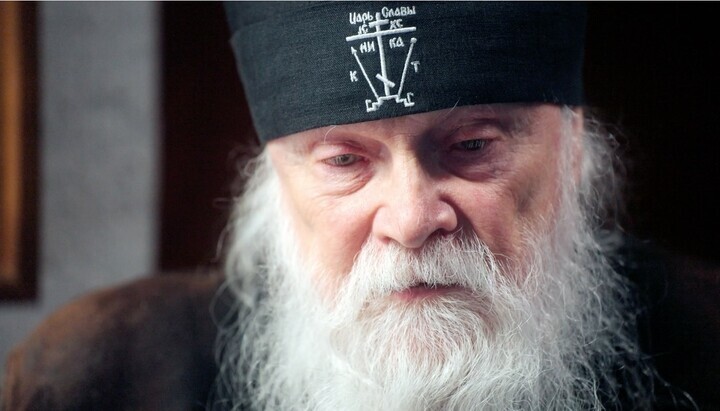
Steeped in the writings of Evagrius Ponticus, Swiss Benedictine Gabriel Bunge converted to Russian Orthodoxy in 2010 and became Schiarchimandrite Gabriel, guiding souls through prayer and patristic wisdom from his Alpine skete.
NOVEMBER 8, 2025 — Swiss theologian and ascetic Archimandrite Gabriel Bunge, born Gabriel Bunge on October 31, 1940, in Cologne, Germany, to a family of Protestant and Catholic roots, followed a profound spiritual journey.
At age 22, he entered the Benedictine Abbey of Chevetogne in Belgium in 1962, studying theology, philosophy, and patristics for 18 years before his priestly ordination in 1972.
From 1980, he lived as a hermit in the Hermitage of the Holy Cross in Switzerland’s Ticino canton, strictly adhering to the ancient Benedictine Rule. His deep engagement with Eastern Church Fathers—especially Evagrius Ponticus, whose works he translated into German—led him to embrace Orthodoxy.
On August 27, 2010, the eve of the Dormition of the Theotokos, he was received into the Russian Orthodox Church in Moscow and tonsured as Schiarchimandrite Gabriel. He continued his secluded life in the Swiss mountains, becoming abbot of the Exaltation of the Cross Monastery, devoting himself to prayer, spiritual guidance, and writing.
His key works include:
- Earthen Vessels: The Practice of Personal Prayer According to the Patristic Tradition
- Dragon's Wine and Angel's Bread: The Teaching of Evagrius Ponticus on Anger and Meekness
- Spiritual Fatherhood: Evagrius Ponticus on the Role of the Spiritual Father
. Bunge profoundly influences Orthodox clergy and faithful worldwide with his teachings on prayer and asceticism, embodying the union of contemplative solitude and active spiritual care.
Recently, the UOJ reviewed the biography of another modern elder: St. Cleopa of Sihăstria.
